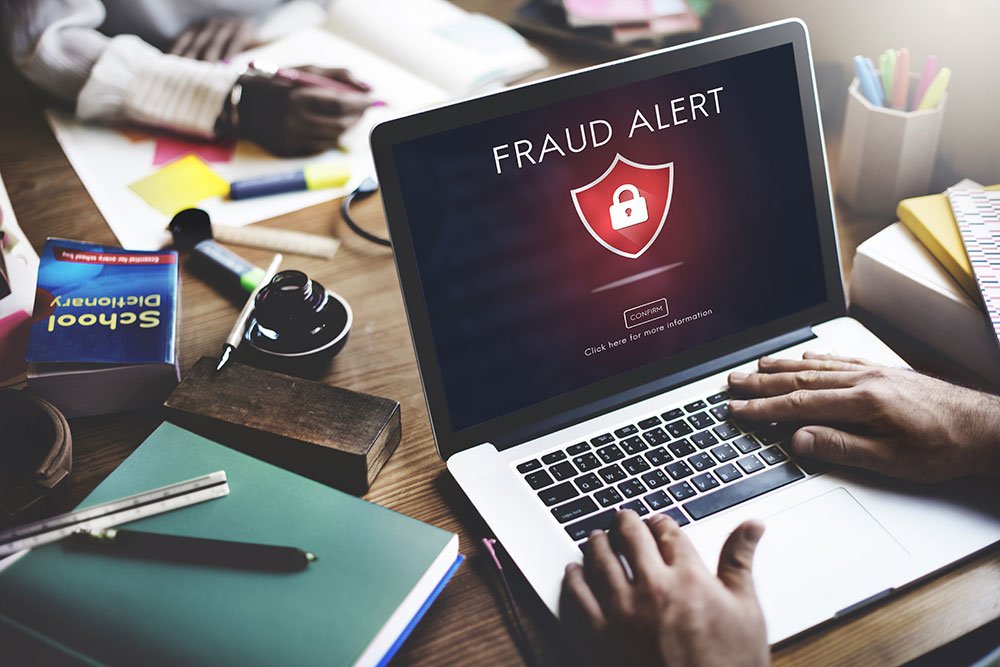OIG Publishes Special Fraud Alert for Speaker Programs – Are you up to date?

OIG issued a Special Fraud Alert on November 16th, 2020 highlighting the fraud and abuse risks associated with the offer, payment, or meals relating to the speaker programs. *1
OIG issued this alert citing recent cases and how manufacturers reduced in-person activities and face-to-face speaker programs due to the pandemic.
“Gregory E. Demske, the OIG’s chief counsel, told Law360 in an interview that drug makers should think very carefully about the risks of speaker programs, and in particular in-person speaker programs,’ given that the pandemic has demonstrated that high-quality events can be held virtually.”
Speaker programs are a vital source of education for HCPs and they have been well-liked by both the pharmaceutical industry and the HCPs.
Vector Health is uniquely positioned in the Pharmaceutical Industry as a leader in Speaker Program event management and a leader in Pharmaceutical compliance management, and at a recent Pharmaceutical compliance conference Vector Health conducted a poll, where over 60 manufacturers expressed their preference for:
We have carefully assembled a comprehensive monitoring tool for our clients to protect against the fraud risks issued by OIG, these are summarized in the following chart:
- “in-person speaker programs and continuing with select virtual speaker programs”
- “to continue to offer modest meals during both types of events”

In the next blog, we will share approaches life sciences organizations are pursuing to protect against these frauds.
Preview of the next blog:
- Annual Plan – This is annual documentation, etc. done to determine/substantiate what acceptable activity is (ex. Needs assessment)
- Policies & business rules – These are steps taken to guarantee good working practices are followed (SOPs, etc.)
- Speaker Bureau Technology Systems – These are technologies in place to ensure good practices are followed (ex. workflows that safeguard)
- Monitoring & Analytics – A risk evasion tool for many of the risks highlighted in fraud alert
- Auditing – Auditing either during programs or done after
We welcome your feedback or interest to take part in our upcoming industry roundtable sessions on this topic. Please contact us at [email protected]!
*1:– Source: https://www.oig.hhs.gov/fraud/docs/alertsandbulletins/2020/SpecialFraudAlertSpeakerPrograms.pdf